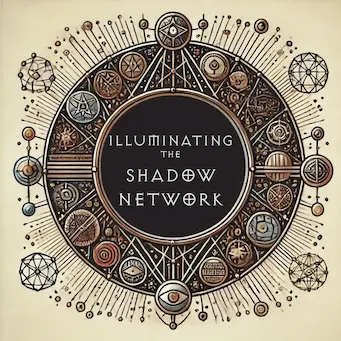Michael Anton
Role: Contributor
Position: Former Deputy Assistant to the President for Strategic Communications at the National Security Council (NSC)
Background:
Michael Anton served as the Deputy Assistant to the President for Strategic Communications at the National Security Council (NSC) during the early months of the Trump administration, from February 2017 until April 2018. In this role, Anton was responsible for shaping the administration’s strategic communications on national security issues. Prior to his tenure at the NSC, Anton was a political theorist and speechwriter with roles in both the private sector and previous Republican administrations, including George W. Bush’s NSC. He is best known for his controversial essay “The Flight 93 Election,” published under a pseudonym during the 2016 campaign, which made a forceful argument for electing Donald Trump. Anton holds a BA from the University of California, Davis, and advanced degrees from St. John’s College and Claremont Graduate University.
Relation to Trump:
Michael Anton played a significant role in the Trump administration, directly contributing to the administration’s communication strategy on key national security matters. His work was aligned with the administration’s “America First” agenda, and his writings, especially “The Flight 93 Election,” provided intellectual support for Trump’s candidacy and policies.
Scandals or Controversies:
Michael Anton has been involved in several controversies, primarily related to his writings and public statements. His essay “The Flight 93 Election” was particularly polarizing, drawing both strong support and criticism for its stark rhetoric and defense of Trump’s candidacy. His tenure at the NSC included managing contentious national security policies, which were often subject to intense public and political scrutiny.
Potential Concerns:
Anton’s advocacy for nationalist and populist policies, along with his influential role in shaping the Trump administration’s national security messaging, has been a point of concern for those who argue that his ideological views may have unduly influenced policy decisions. His departure from the NSC coincided with a broader reshuffling of the national security team under then-incoming National Security Advisor John Bolton.


